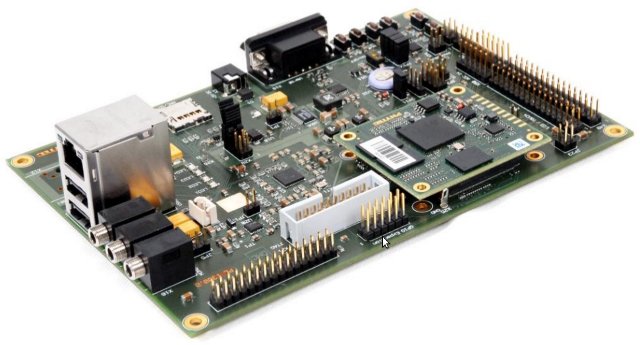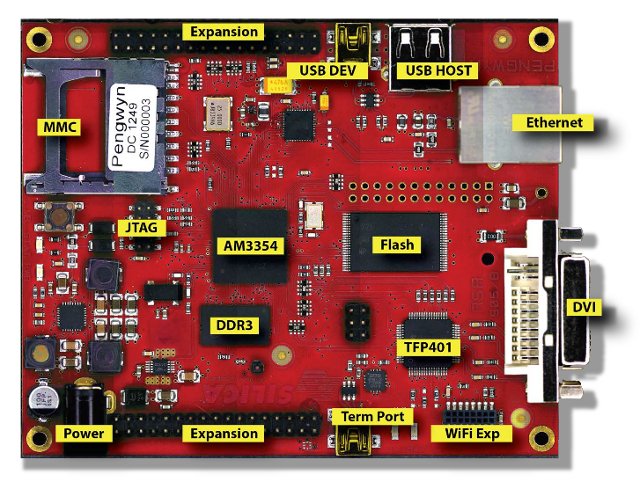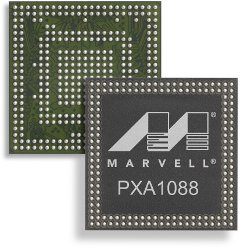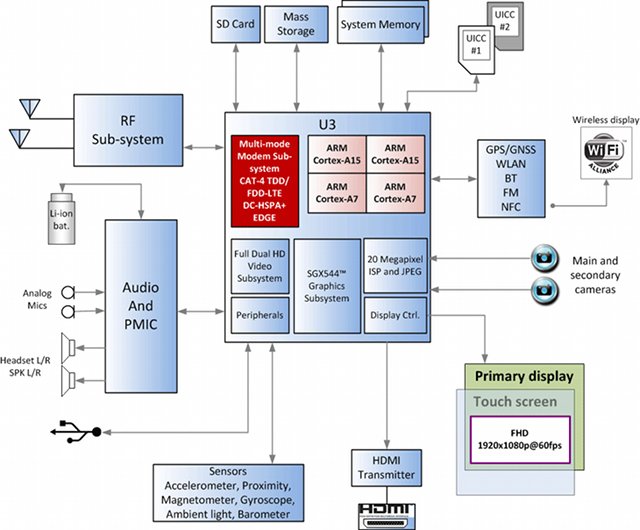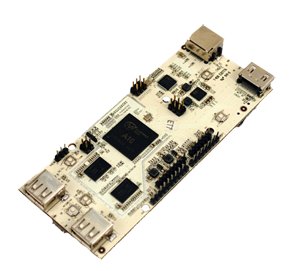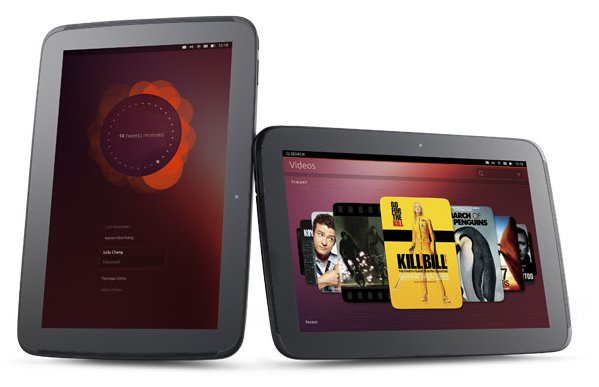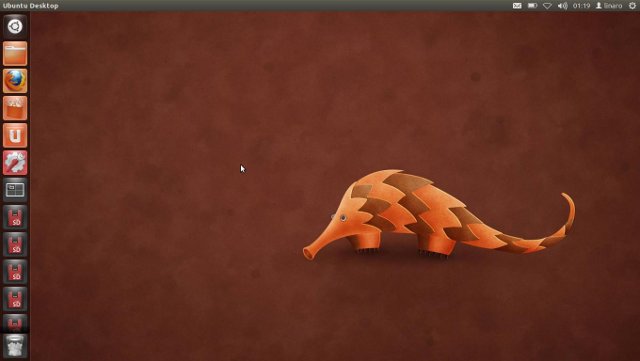PHYTEC has launched the Open Board-AM335x development kit in order to support Linux and Android development on Texas Instruments AM335x Sitara ARM Processors in India. The Open Board-AM335x is comprised of a baseboard and phyCORE-AM335x SoM, and comes with 512 MB DDR3 SDRAM, 512 MB NAND Flash, and optionally, 8 MB SPI Flash. The baseboard is open source hardware as schematics and Gerber/BOM are freely available. Here are the key features of Phytec Open Board-AM335x: SoM – PhyCore-AM335x with ARM Cortex-A8 processors @ 720 MHz (AM3352, AM3354, AM3356, AM3357, AM3358 and AM3359) System Memory – 512 MB DDR3 RAM Storage – 512 MB NAND + SD Card slot + 8 MB SPI NOR Flash (Optional) + 32 KB EEPROM (Optional) Serial – 1x UART (RS232) + 4x UART (TTL) USB – 1x USB Host + 1x USB OTG Connectivity – 1x 10/100/1G Ethernet Audio – WM8974 Codec Display Interfaces – 24 bpp TTL […]
SILICA Pengwyn Low Cost Open Industrial Development Platform Powered by Sitara AM3354 Processor
At the end of January, SILICA, an Avnet subsidiary, announced the Pengwyn, a single board computer based on Texas Instruments Sitara AM3354 Cortex A8 processor. The board targets industrial customers, and the company promotes it as “an open platform to develop applications under Linux or Windows Embedded operating systems”. Here are the specifications of the Pengwyn board: Texas Instruments Sitara AM 3354 ARM Cortex-A8 MCU @ 720 MHz System Memory – 256 MB DDR3 Storage – 1 GB Nand Flash, 32 MB SPI Flash Memory, and microSD slot (if not used with Wi-Fi/Bt modules) Connectivity and expandability USB Host and Device Ports RJ-45 Ethernet Port Connector for optional 1 GB Ethernet Port 2x connectors for generic expansions modules SDIO/MMC Port (can be used for optional WI-FI/bluetooth modules) DVI Display Port Silica will provide Linux (Arago Project, an OpenEmbedded based Distribution) and Windows Embedded Compact 7 BSP and images, as well as […]
Marvell PXA1088 Quad Core Cortex A7 SoC
Marvell has just announced the MarvellPXA1088, a quad-core Cortex A7 application and communications mobile SoC that integrates Marvell’s WCDMA and TD-SCDMA modem technology to provide a low-cost 3G platform for both smartphones and tablets. Marvell’s mobile platform also includes Avastar 88W8777 WLAN + Bluetooth 4.0 + FM single-chip SoC, L2000 GNSS Hybrid Location Processor, and an integrated power management and audio codec IC. PXA1088 is said to be pin-to-pin compatible with the earlier PXA988/PXA986 solutions (dual core SoC) so that current mobile device designs can be upgraded with a quad-core SoC without additional development costs. Additional PXA1088 Features: Support for advanced WCDMA Release 7, TD-SCDMA HSPA+ Release 8, and class 12 EDGE 3G protocol stack certified on all major carrier networks and validated via IOT, GCF and field trail testing Support for popular full-feature operating systems (Including Android 4.2), and industry-standard development tools Multi-radio platform capabilities with WLAN/Bluetooth solutions Integrated […]
Renesas Mobile Introduces MP6530 Quad Core ARM big.LITTLE Communication Processor
Renesas Mobile has recently announced the MP6530, an LTE communication SoC that targets mid- to high-end smartphones priced between $200 and $400. MP6530 features big.LITTLE technology with 2 ARM Cortex A15 clocked up to 2GHz, and 2 Cortex A7 cores up to 1Ghz, as well as an Imagination Technology PowerVR SGX544 GPU. Compared to Renesas Mobile MP5232 platform (Dual Cortex A9 + PowerVR GPU + Same TD-LTE Cat-4 Modem), GPU performance and memory performance have both been increased by 300 percent. MP6530 is manufactured using 28nm technology. Other key features of MP6530 SoC include: Dual-channel LPDDR3-standard interface with a bandwidth of 800-MB/s per channel. Multimedia capabilities Full HD primary display up to FHD@60Hz Simultaneous HDMI/MHL external display output (1080p30) Full HD WiFi Display Support for simultaneous 1080p30 video encoding and decoding Up to 20 MP digital SLR-like imaging support On-the-fly support with real-time face detection, stabilization, noise filtering to replace […]
$59 pcDuino – AllWinner A10 Board with Arduino Compatible Headers
pcDuino is a new development board based on AllWinner A10 Cortex A8 SoC that comes with 1GB RAM and 2GB NAND Flash, HDMI output, as well as USB and Ethernet RJ45 ports, and is said to feature 2.54mm pin headers compatible with Arduino boards. Here are the pcDuino specifications: SoC – AllWinner A10 ARM Cortex A8 CPU @ 1GHz + Mali-400 GPU System Memory – 1GB DRAM Storage – 2GB Flash + SD card slot for up to 32GB Video Output – HDMI USB – 2x USB 2.0 Host Connectivity: Ethernet – 10/100 Mbps (RJ45) Wi-Fi – Via USB Wi-Fi dongle (not included with the board) Headers – 2.54mm pin headers: 1x UART, 6x ADCs, 2x PWMs up to 24MHz, 14x GPIOs, 1x I2C and 1x SPI. Power Supply – 5V/2A Dimensions – 125mm x 52mm The board comes preloaded with Ubuntu 12.10, but it also supports Android 4.0 ICS. […]
Canonical Unveils Ubuntu on Tablets
Yesterday, Ubuntu.com displayed a time counter for an announcement reading “Tic Toc Tablet Time” that ended being about Ubuntu on Tablets, and not an HTC Tablet running Ubuntu as some blogs speculated, as both companies had a timer counter set to expire at the same time for separate, and unrelated, announcements. The interface looks very much like Ubuntu for Phones with a similar “Welcome Screen”, except multiple users are supported, no icons (except for apps), and you can swipe around the 4 edges to access the dash, opened applications, notifications, and more. Canonical highlights 5 key features for Ubuntu on Tablets: Real multitasking – Run mobile and tablet apps at the same time on the same screen Secure multi-user Voice controlled HUD productivity Edge magic for cleaner apps – As I said previously no buttons, you control eveything from the edges. Content focus – Messages and media are easily accessible […]
Ubuntu Linaro 12.11 with 2D/3D Mali-400 GPU Acceleration on ODROID-X Development Board
A few days ago, Hardkernel released the first version of Ubuntu 12.11 (Linaro) with Mali-400 GPU support for their ODROID boards (ODROID-X/X2, ODROID-U/U2). This is still WIP (Work in Progress), but this is one of the few boards together with Pandaboard, Origen and Snowball that can support 2D/3D GPU acceleration in Ubuntu Quantal. Since I have an ODROID-X development board, I decided to give it a try. There are different ways to install it. I chose the way that is most convenient for me (LCD display instead of HDMI), and likely to yield more performance (eMMC instead of SD Card). The current installation instructions to eMMC are extremely cumbersome and you have to go through 5 main steps: Install Android (yes, seriously) in the eMMC Install Ubuntu in the SD Card Install Ubuntu to the eMMC Upgrade Ubuntu to the latest version Install the Mali drivers In this post I’m […]
Linux 3.8 Release
Linus Torvalds has announced the release of Linux Kernel 3.8: The release got delayed a couple of days because I was waiting for confirmation of a small patch, but hey, we could also say that it was all intentional, and that this is the special “Presidents’ Day Release”. It sounds more planned that way, no? Anyway, the really good news is that things calmed down a lot on the last week. There are noticeably fewer commits, and they are also all quite small. The few commits with more than just a couple of lines tend to be due to a couple of reverts, and two architecture patches where some identifiers got renamed (tile), or some defines got moved from the uapi file to a private header (x86). And there’s one radeon patch that uses a helper function instead of reading bytes directly. And even those “bigger” patches weren’t really that […]


